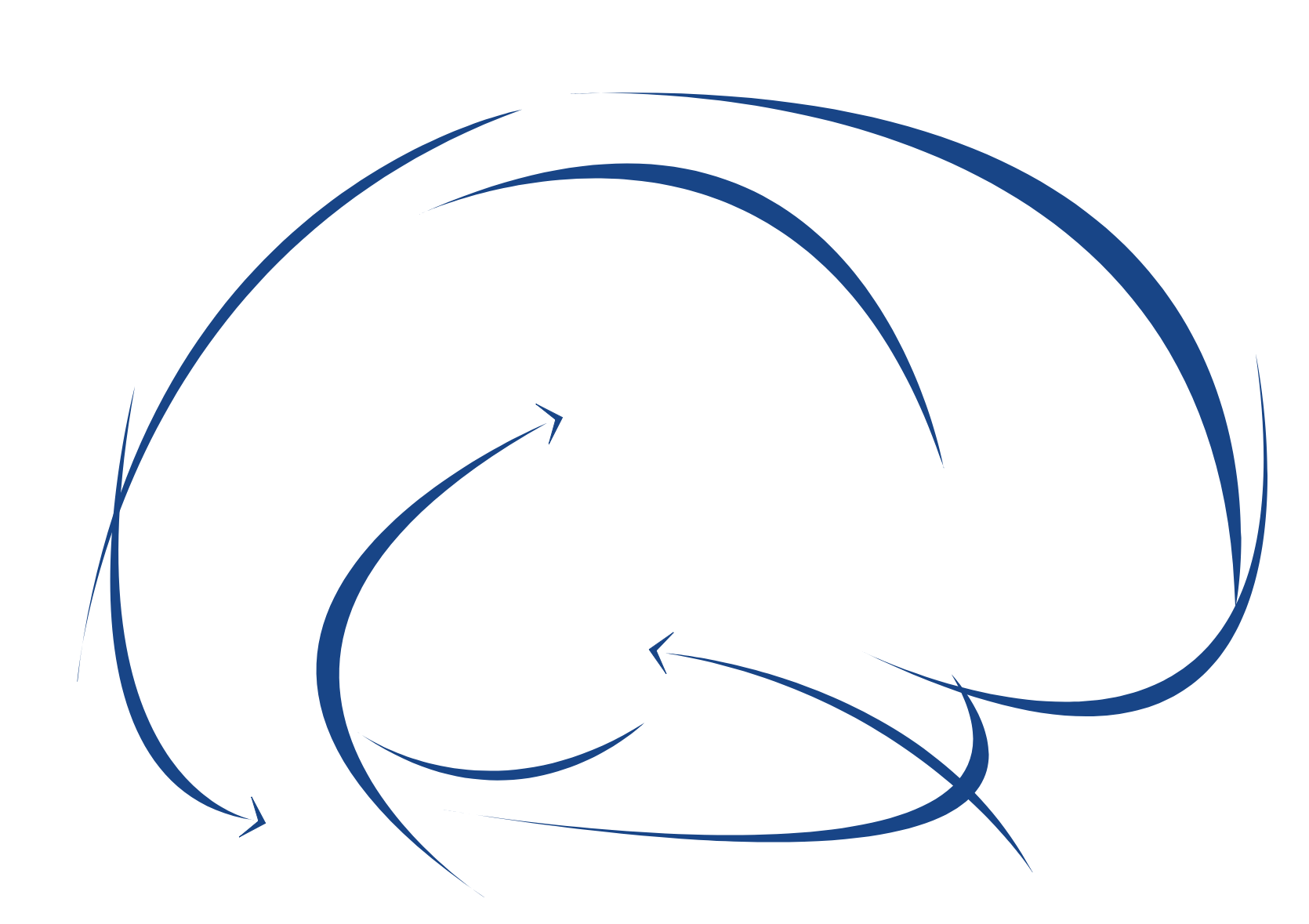Job Offer: Researcher Position: Virtual Brain Twins in Epilepsy
Institute: Institut de Neurosciences des Systèmes, Aix-Marseille University, France Website: http://ins-amu.fr/
Summary:
The Theoretical Neuroscience Group (TNG), led by Viktor Jirsa, invites applications for a research position within the context of the Virtual Brain Twin initiative, focused on personalized treatments for epilepsy. We are a leading group that has pioneered the creation of virtual epileptic patients and is now advancing the concept of virtual brain twins. The VEP workflow employs computational models and machine learning techniques to estimate epileptogenic networks and assist in surgical strategies. In this context, the computational models are personalized whole-brain network models based on the patient's recorded data. VEP represents the first well-established instance of applying the concept of virtual brain twins in a clinical trial, called Epinov. Two key papers to understand the concepts. (Wang et al, Sci Transl Med. 2023. DOI: 10.1126/scitranslmed.abp8982 & Jirsa et al., 2023. DOI: 10.1016/S1474-4422(23)00008-X ).
The selected candidate will be responsible for advancing the current VEP pipeline in high resolution modelling and model inversion for intervention stimulation. The high-resolution model will be constructed from subject specific neuroimaging data. The resulting triangular mesh of the cortical surface will consist of ~260.000 vertices, with a vertex area of ~1 mm2. Connectivity between brain areas will be estimated using the widely-used MRtrix3 software package. For the high-resolution neural field model (the triangular cortical mesh), we will infer connections between vertices. We will use Sim4Life for the head-model simulation of passive tissue properties, combining computable human phantoms with the physics solvers and the advanced tissue models. Using the neural-field approach and the electric-forward solution, a more detailed mapping of neural electric sources to SEEG sensors will be accomplished than currently available.This improved pipeline will enable us to simulation stimulation effects, further leading VEP for the non-invasive diagnosis and treatment of epilepsy.
We are a leading group that has pioneered the creation of virtual epileptic patients and is now advancing the concept of virtual brain twins. The selected candidate will receive support from the entire group.This research program is coordinated by EBRAINS AISBL, a major player in the European digital neuroscience research infrastructure (https://www.ebrains.eu/). The core of this innovative project revolves around the Virtual Brain Twin platform, which leverages big data, multiscale modeling, and high-performance computing. It will be seamlessly integrated into the EBRAINS ecosystem.
Qualifications:
A strong grasp of mathematics, physics, neuroscience, and computer science, or a genuine enthusiasm for cultivating these skills, is essential.
The ability to quickly acquire proficiency in new computational tools is important, and we will offer comprehensive guidance to support your learning.
Proficiency in coding is a fundamental skill.
Determinated to conduct meaningful research
This position is open to both Postdoc and PhD candidates.
About The Theoretical Neuroscience Group:
We are a multinational and interdisciplinary team dedicated to unraveling the spatiotemporal organization of large-scale brain networks. Our work encompasses mathematical and computational modeling of large-scale network dynamics, the analysis of human brain imaging data, and the development of neuroinformatics tools for studying large-scale brain networks. Now we are on the way to establish the concept of virtual brain twins and its application in healthy aging and clinical uses in epilepsy, psychiatric disorders, Alzheimer's and Parkinson’s disease, and multiple sclerosis.
Application Deadline:
The position will remain open until filled.
Starting Date:
January 2024
How to Apply:
Interested candidates are encouraged to submit their applications, including a cover letter, curriculum vitae, and contact information for references, to giovanna.RAMOS-QUEDA@univ-amu.fr and lisa.otten@univ-amu.fr. Please specify "Postdoc Application – Virtual Brain Twins in Epilepsy" in the subject line.
We look forward to welcoming a highly motivated and qualified postdoctoral researcher to our team to advance our understanding of large-scale brain network models in the context of neuroscience and psychiatric disorder research.
UMR 1106 – Institut de Neurosciences des Systèmes INS Faculté de Médecine de la Timone
27 Bd Jean Moulin - 13385 Marseille cedex 05. France
Tel : + 33 (0) 4 91 32 42 21 ou 23 | Fax : + 33 (0) 4 91 78 99 14

